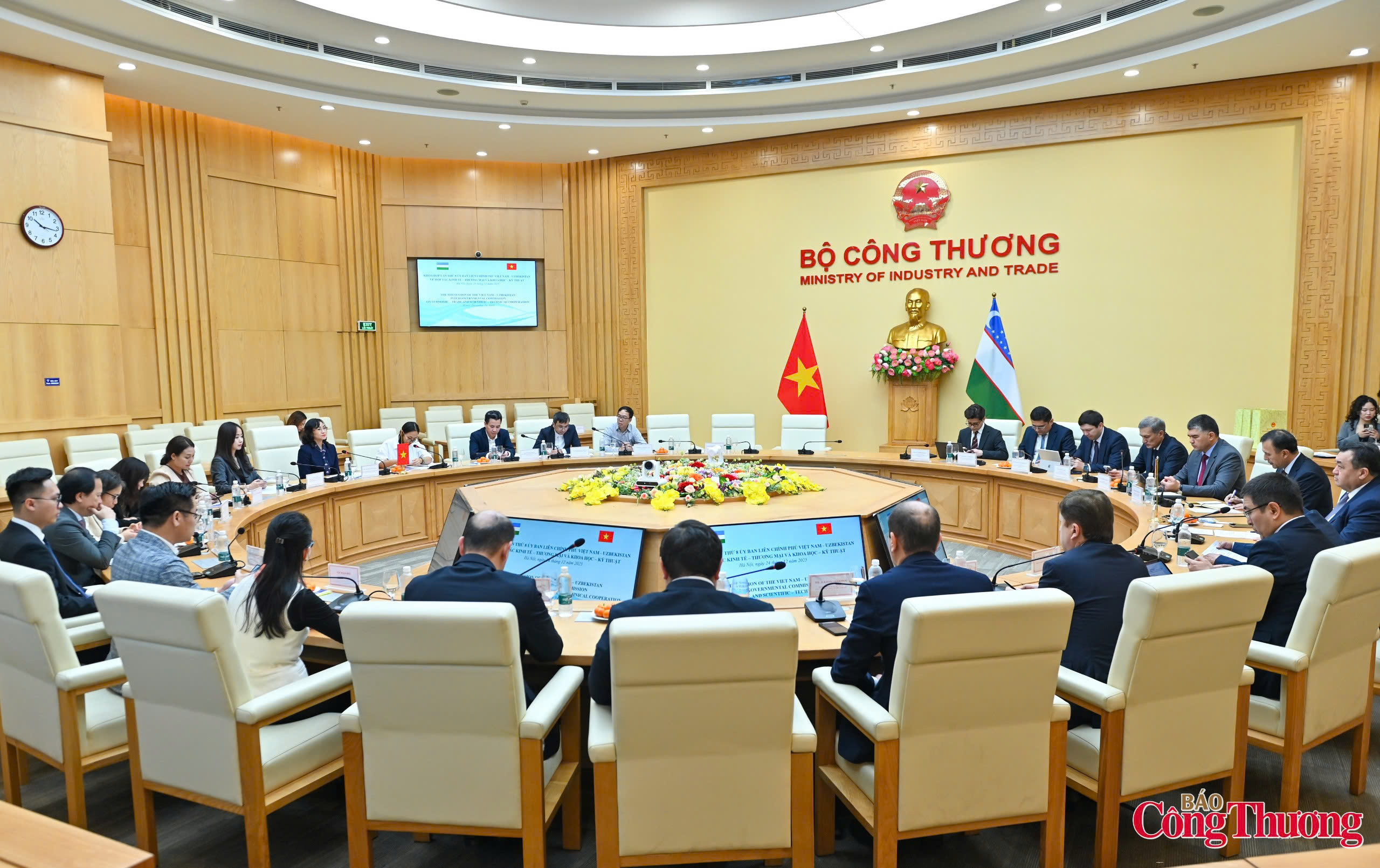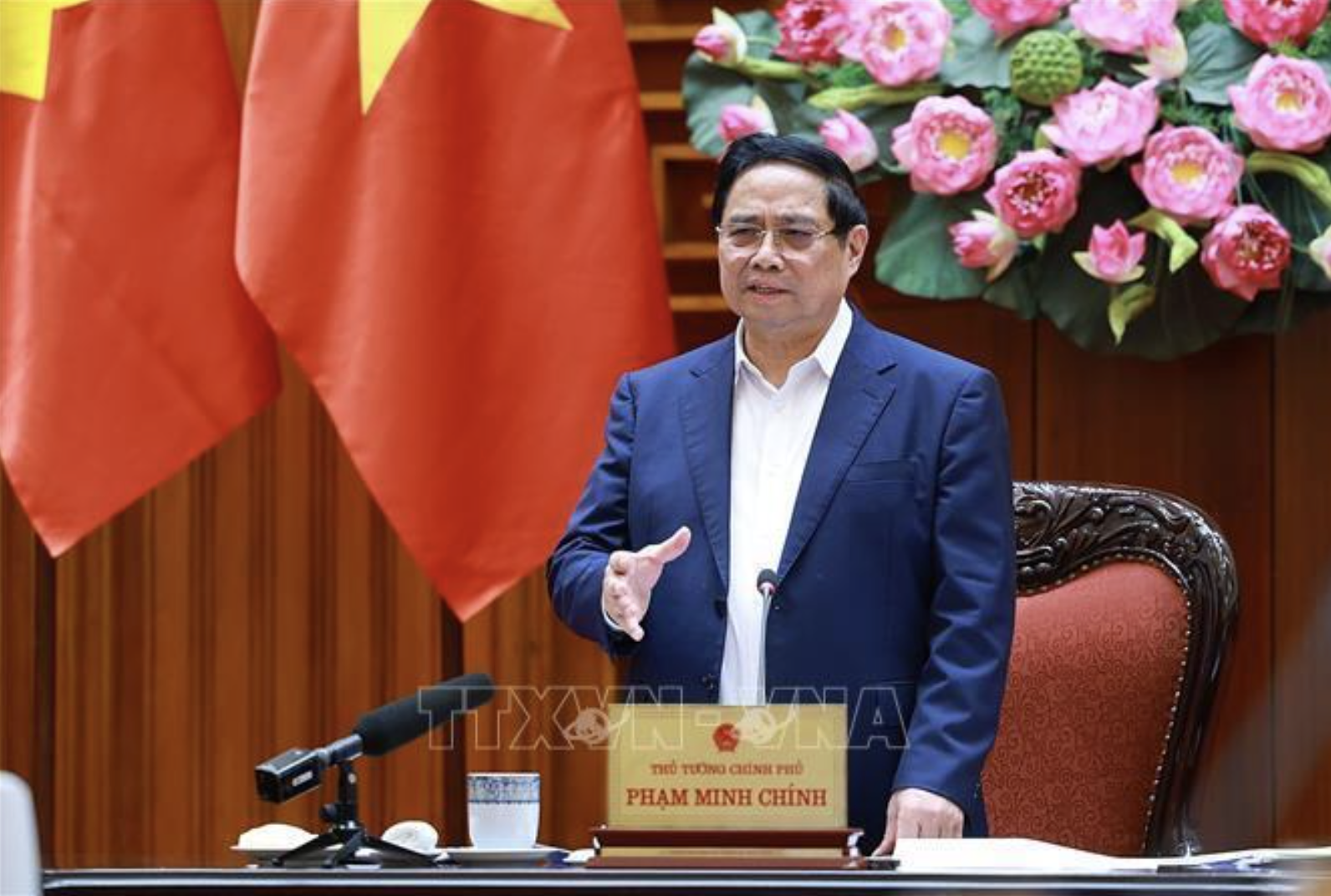
Vietnam, Uzbekistan propose joint trade working group mechanism
19:05 | 23/03/2025 10:32 | 25/12/2025Cooperation
On November 13, during the ongoing 10th session of the 15th National Assembly, legislators held a plenary discussion on the Draft Law on E-Commerce.
Earlier, on November 3, the National Assembly had heard the Government’s Proposal and the Appraisal Report on the Draft Law, and conducted group discussions on the draft.

During the ongoing 10th session of the 15th National Assembly.
The purpose of issuing the Law on E-Commerce is to institutionalize the Party’s orientations and the State’s policies on improving the legal framework governing e-commerce; to incorporate and domesticate international commitments on e-commerce; and to ensure the consistency of the e-commerce legal system in relation to other laws, thereby strengthening the uniformity and coherence of the overall legal system.
At the same time, the Law aims to address difficulties, obstacles, shortcomings, and limitations that have arisen in the implementation of legal documents on e-commerce in recent years, while also aligning with transformation trends driven by digital technologies changes that are reshaping all sectors of the economy, including e-commerce.
In addition, the Law seeks policies and legislation on e-commerce in a manner that encourages innovation in designing and implementing regulations; ensures stability, consistency, transparency, and feasibility; protects the legitimate rights and interests of consumers; creates incentives for competition and business innovation; supports and encourages activities of social organizations; and enhances the effectiveness and efficiency of state management in e-commerce. The overarching goal is to enable sustainable, orderly development of e-commerce as a driving force for the digital economy.
The draft consists of 7 Chapters and 48 Articles, closely following the six approved policy groups, including: regulations on types and responsibilities of entities participating in e-commerce; regulations on types and responsibilities of entities involved in multi-service digital platforms and social networks operating in e-commerce; regulations on types and responsibilities of entities engaged in cross-border e-commerce without physical presence in Vietnam, foreign investment in e-commerce, and foreign sellers operating in Vietnam; regulations on e-commerce support services and responsibilities of related entities; improvement of the legal framework for electronic contracting; and promotion of green and sustainable e-commerce development.
Vietnam’s e-commerce market reached USD 25 billion in 2024, up 20% from 2023, contributing nearly 10% of total national retail and consumer service revenue. With this rapid growth pace, e-commerce is expected to account for an increasingly significant share of the economy.
During group discussions, many National Assembly deputies stated that the Draft Law on E-Commerce is expected to address long-standing legal “gaps,” especially in the context of the rapid expansion of online business models, livestream selling, and commerce on social media platforms.

19:05 | 23/03/2025 10:32 | 25/12/2025Cooperation

19:05 | 23/03/2025 23:11 | 24/12/2025News and Events

19:05 | 23/03/2025 23:06 | 24/12/2025Trade

19:05 | 23/03/2025 15:32 | 24/12/2025Trade

19:05 | 23/03/2025 16:32 | 23/12/2025News and Events